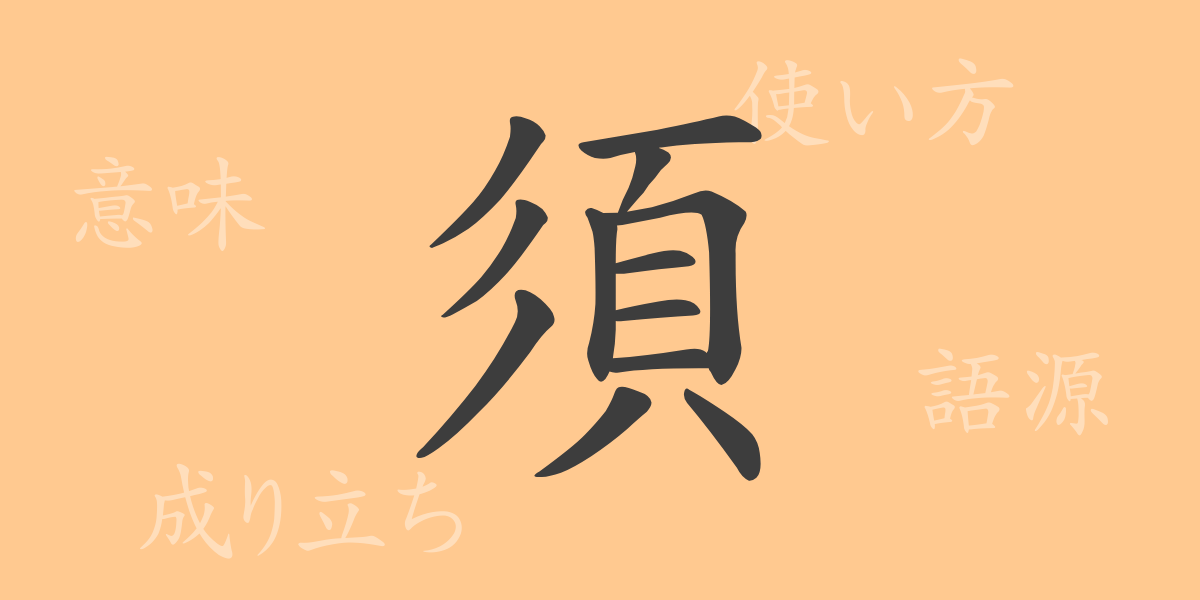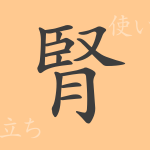The rich expressive world of Japanese is filled with a variety of kanji characters, each with its own history and meaning. One such commonly used kanji is ‘須’ (ス), which has deeply ingrained itself in our daily lives with its unique sound and form. This article explores the origins, meanings, and usage of ‘須’, as well as the rich phrases associated with it, rediscovering the depth of the Japanese language.
Origins of 須 (ス)
The kanji ‘須’ originated from ancient Chinese oracle bone script. Initially, it depicted a person’s face and hair, evolving over time into its current form. ‘須’ symbolizes hair on the upper part of the face, eventually coming to represent necessity and the concept of waiting.
Meaning and Usage of 須
‘須’ conveys meanings such as ‘need,’ ‘ought to,’ and ‘must wait.’ In Japanese, this kanji is primarily used in literary expressions and proper nouns, and is less common in modern everyday conversation. However, it remains active in legal terms and specialized contexts.
Readings, Stroke Count, and Radical of 須
‘須’ has several readings in Japanese, but here are the most common ones:
- Readings: On’yomi ‘ス’, Kun’yomi includes ‘もち(い)る,’ ‘すべき,’ ‘まつ.’
- Stroke Count: ‘須’ consists of 12 strokes.
- Radical: The radical is ‘頁(おおがい),’ which denotes the head.
Phrases and Idioms Using 須
Idioms and proverbs including ‘須’ reflect its imagery and meanings. Here are some examples:
- 須臾 (しゅゆ): A very short time; a moment.
- 老須 (ろうす): Being old, or such a person.
- 須弥山 (しゅみせん): A sacred mountain considered the center of the world in Buddhism.
Conclusion on 須
The kanji ‘須’ adds a unique texture to Japanese expressions through its history and depth of meaning. While retaining its value in specific fields like classical literature and legal terminology, it is less frequently used in contemporary Japanese, reflecting the evolution of kanji culture. Even a single character like ‘須’ offers a glimpse into the richness and diversity of the Japanese language.

























